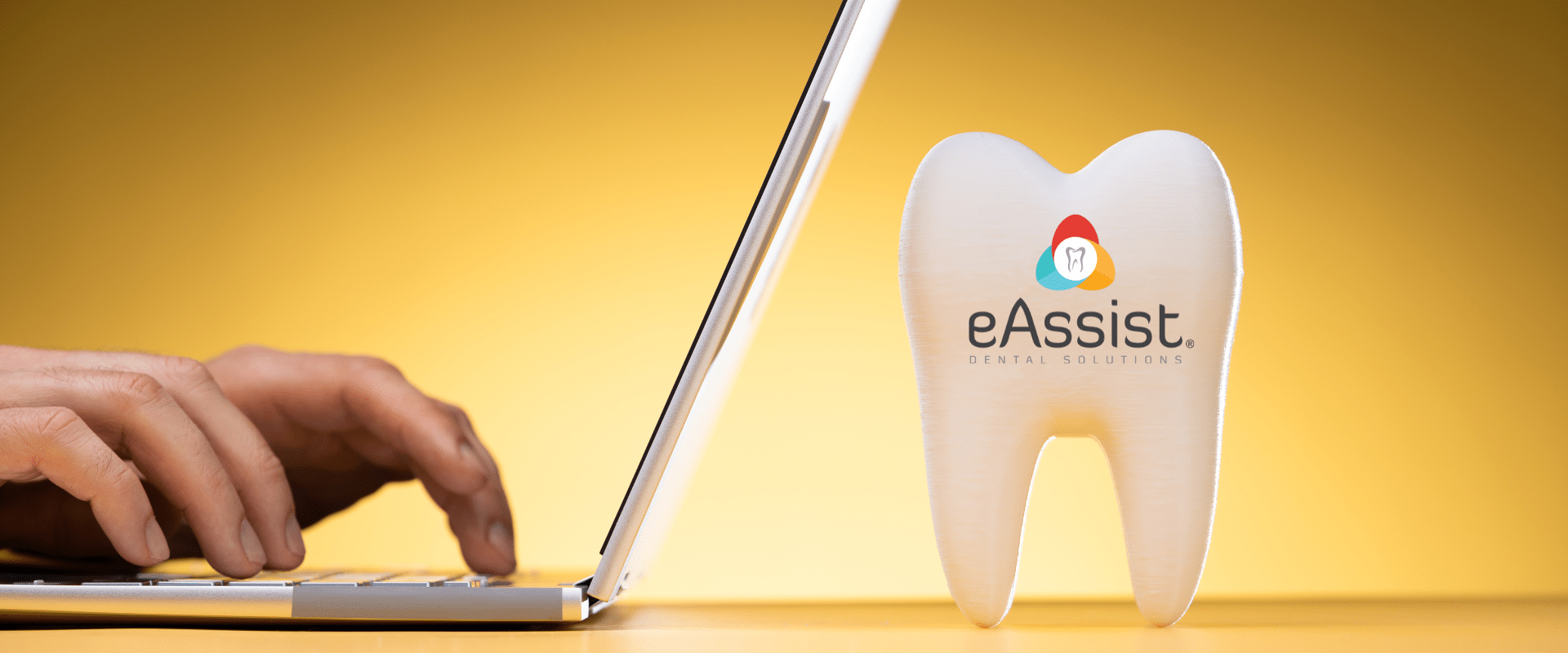What Does a Dental Biller Do?
If you’re looking for a career change you may consider becoming a dental biller. It pays well, is in a stable industry, and, often, allows you to work from home. Looking at the job postings you may think, “What does a dental biller do?” It turns out, a lot. The following, are just some of the roles of a dental biller.
A dental biller bills claims
Let’s start with the basics. After all, it’s in the title. A dental biller bills. But what do they bill? They bill insurance claims. Any time a patient with dental insurance has dental treatment, that treatment is billed to an insurance company. A dental biller takes care of that billing. Today, much of it is done electronically. The biller uses various software programs to submit claims to insurance companies. Some claims do need to be mailed. For these, the biller completes claim forms and prints documents to send to insurance companies.
When billing dental claims, accuracy is the number one priority. A dental biller must be thorough and detail-oriented. They must make sure all forms are filled out properly and that the correct supporting documentation is included. They must also have good time management skills, as claims must be billed daily and reviewed regularly. Depending on the size of the office, there may be several claims that need to be billed each day.
A dental biller learns CDT codes
Billing claims may seem easy. Isn’t it just submitting treatment to the insurance company? It’s not that simple. Each treatment is accompanied by a CDT code. CDT codes are dental codes developed by the ADA to allow for uniform billing. There are currently over 850 CDT codes that cover everything from cleaning to oral surgery. Each treatment billed must include the correct CDT code for the claim to be paid.
When billing CDT codes, accuracy is key. Many treatments share similarities and it’s important to attach the correct code to the correct procedure. Coding errors are a leading cause of delayed and denied insurance claims. Luckily, many resources are available to assist dental billers with learning and utilizing CDT codes. Dental Coding with Confidence from Practice Booster is an excellent resource for a novice or experienced dental biller.
A dental biller follows up on claims
It may seem that all a dental biller does is bill claims. There are many other aspects to the job. In a perfect world, the claim is billed and, a short time later, payment is received. Easy peasy. Often, it doesn’t work that way. Just as a biller can have several claims a day to bill, an insurance company receives several thousands of claims per day to review. This means that it can take some time to hear back from them. A dental biller must regularly contact insurance companies to follow up on claims.
When following up on claims, patience is key. Some insurance companies have information available online, but most require phone calls. Insurance carriers have notoriously long hold times and it can take up to an hour to follow up on one claim. Dental billers must be patient and have excellent phone skills as they will be spending a significant amount of time calling insurance companies.
A dental biller appeals claims
It’s tempting to think that once a claim is followed up on a payment will soon be received. This is often not the case. Instead, the biller receives a request for additional information or, even, a denial. Receiving a denial doesn’t mean the claim is over, and often the real work is just beginning. Most denials can be appealed and it’s in the dentist and patient’s best interest to do so. Each carrier has a different appeals process the biller must follow each time one is submitted.
When appealing claims, thoroughness is key. Receiving a denial has already delayed payment. The more a claim is appealed the less likely it will be paid. It’s important to be completely thorough when sending the initial appeal. This means obtaining enlarged copies of x-rays and photos of the treated area. It also means obtaining a detailed, accurate narrative from the treating doctor. Once all documentation is received, it’s essential to present it in an orderly fashion and follow the exact insurance protocol when submitting it.
A dental biller posts payments and reconciles accounts
Once payment is received it’s time to deposit it and post it to the correct account. Today, most payments are received as an EFT (electronic funds transfer) but paper checks are still common. The biller will need to be able to use the correct software for EFT posting and also be able to deposit physical checks. Once this is done, the payment is posted to the correct account. Often, the payment received is different from the amount expected. This can be for many reasons, such as an initial billing error or partial claim denial. The account must be reconciled before the claim can be closed.
When posting payments and reconciling accounts, it’s important to have good mathematical skills. A dental biller doesn’t need to be a mathematician but they will be calculating discrepancies so it helps to be comfortable with calculations. These calculations must be accurate to have correctly balanced accounts.
The answer to the question, “What does a dental biller do?” is more complex than you might think. Don’t let that discourage you. Whether you’re new to the field or have dental experience, there’s a wide variety of opportunities for everyone. At eAssist, we are always looking for experienced dental billers to join our team of Success Consultants.




